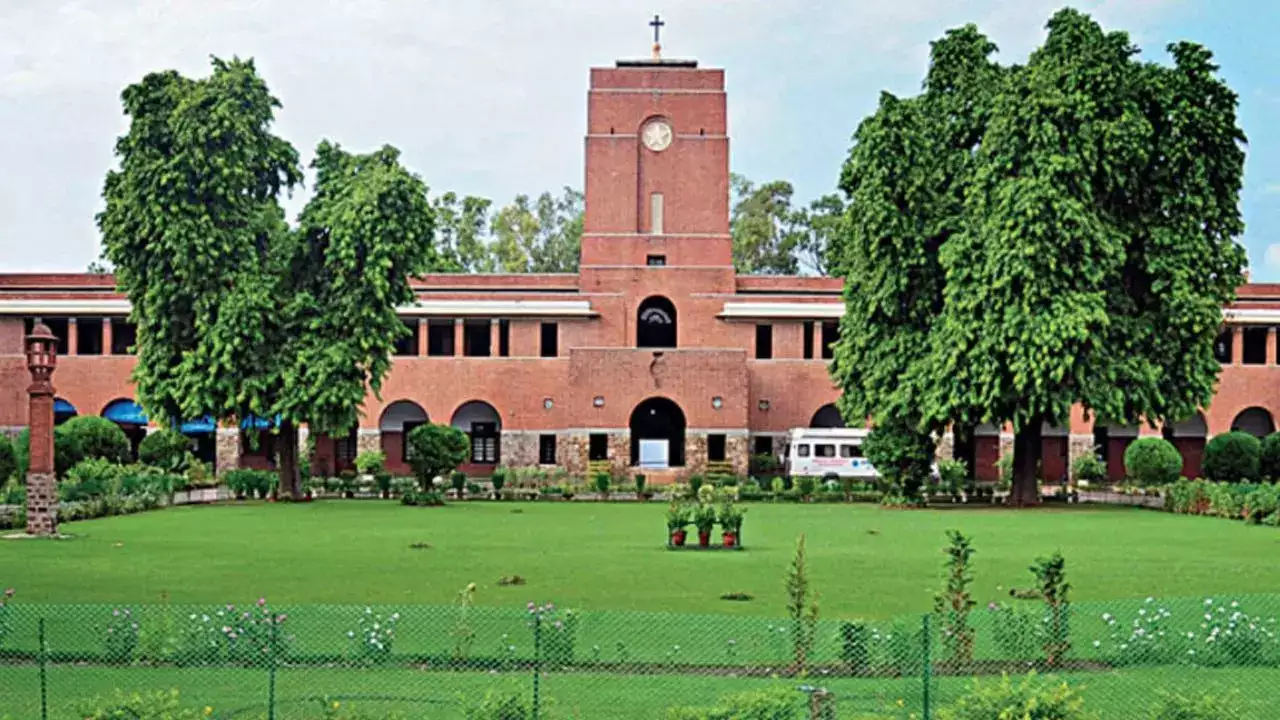Overview of DU’s New Admission Policies
Delhi University (DU) has announced its new admission policies for the upcoming academic session, introducing notable changes aimed at enhancing inclusivity and access to quality education. One of the most significant updates is the introduction of the single girl child quota. This policy is designed to promote gender equity by reserving a certain percentage of seats specifically for single girl children. The primary objective behind this initiative is to support families with only one girl child, encouraging their higher education pursuits and addressing gender imbalances.
To be eligible for the single girl child quota, applicants must provide valid documentation proving that they are the only girl child in their family. The reserved percentage of seats under this quota is set at 5% across various undergraduate courses. This policy aligns with broader educational and social policies aimed at fostering an inclusive and equitable academic environment, ensuring that more women have the opportunity to pursue higher education.
In addition to the single girl child quota, Delhi University new admission policies also include several other updates. The university has streamlined its online application procedures to make the process more user-friendly and efficient. Prospective students can now complete the entire application process online, including the submission of required documents and payment of fees. This shift to digital platforms reflects DU’s commitment to leveraging technology to improve access and convenience for applicants.
Furthermore, DU has introduced a range of new courses to cater to the evolving interests and career aspirations of students. These courses span diverse fields, including data science, environmental studies, and digital humanities, reflecting the university’s dedication to offering relevant and contemporary educational programs. Prospective students should take note of important dates in the admission timeline, from the opening of application portals to counseling sessions and seat allotment rounds, ensuring they meet all deadlines and requirements.
Impact and Reactions to the Single Girl Child Quota
The introduction of the single girl child quota at Delhi University (DU) is poised to create significant positive impacts, particularly for single girl children and their families. The policy aims to enhance access to higher education for single girl children, thereby promoting gender equality and empowerment. By providing additional opportunities for higher education, the initiative is expected to foster an environment where girls can pursue their academic ambitions without financial or societal constraints. This move aligns with broader national and global efforts to support female education and empowerment.
Many parents and students have expressed their support for the quota. For instance, a parent of a prospective student mentioned, “This quota is a game-changer. It gives my daughter a fair chance to compete and succeed in her academic journey.” Similarly, education experts have lauded the policy as a step towards reducing gender disparity in education. Dr. Anjali Sharma, an education policy analyst, remarked, “The single girl child quota is a progressive measure that underscores the importance of equal educational opportunities for girls. It not only benefits individual students but also contributes to societal growth by empowering women through education.”
Read More : Delhi University
However, the policy has also sparked some criticisms and concerns. One of the primary issues raised is the challenge of verifying the eligibility of applicants, which could potentially lead to misuse or fraudulent claims. Critics argue that stringent verification processes must be in place to ensure the quota’s integrity. Additionally, questions about fairness have emerged, with some arguing that such quotas could disadvantage other deserving candidates. There are also debates on whether this policy alone is sufficient to address deeper systemic issues related to gender inequality in education.
Despite these concerns, the single girl child quota at Delhi University sets a precedent that could influence other educational institutions to adopt similar measures. It opens up a broader conversation about inclusive and equitable admission policies, potentially inspiring future reforms aimed at supporting underrepresented groups in higher education.





